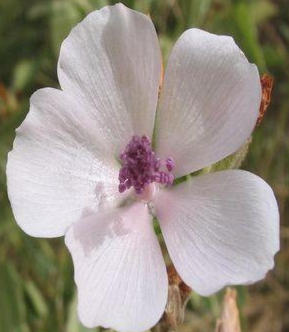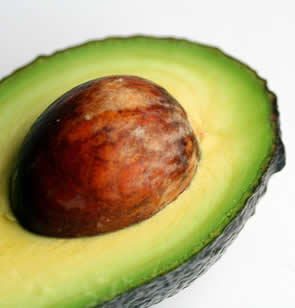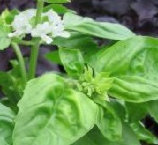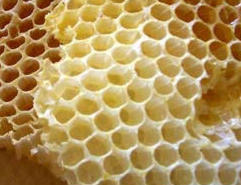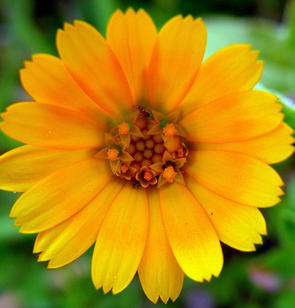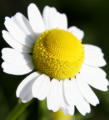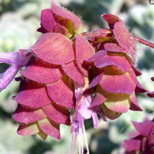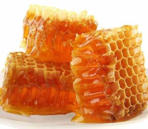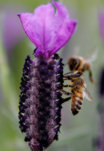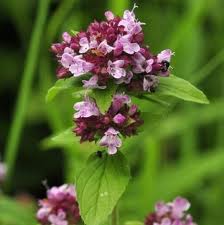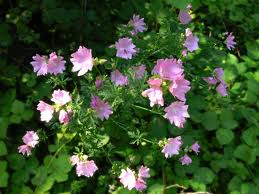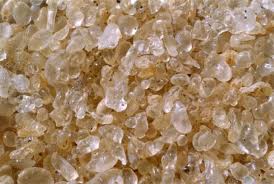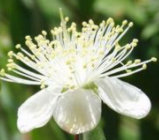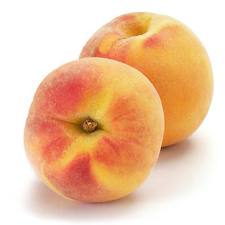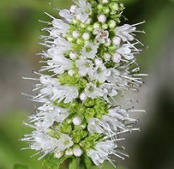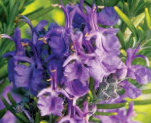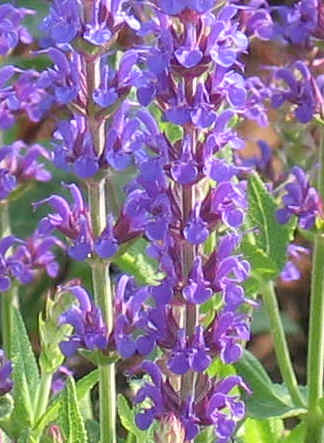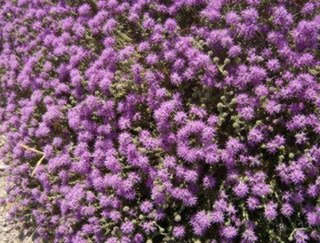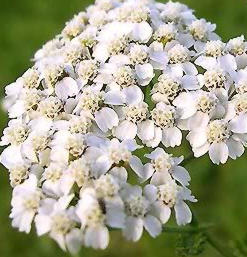
Chaste tree (Vitex agnus-castus)
Vitex agnus-castus, also called Vitex, Chaste Tree, Chasteberry, Abraham's Balm or Monk's Pepper, is a beautiful little deciduous tree or large shrub with a showy summertime flower display. native of the Mediterranean region.
|
 |
The dried, ripe fruit is used in traditional medicine. The plant has been recognized since antiquity and has been described in works by Hippocrates, Dioscorides and Theophrastus. In Homer's epic The Iliad, the plant was featured as a symbol of chastity, capable of warding off evil.
Early physicians recognized its effect on the female reproductive system, suggesting its use in controlling hemorrhages and expelling the placenta after birth.
Health Benefits & Modern Medicinal uses
In modern times, chaste tree is used primarily as a women's herb for menstrual complaints. The flavonoids in chaste tree exert an effect similar to the hormone progesterone, although the plant contains no hormonal compounds. Chaste tree acts on the pituitary gland in the brain, normalizing the release of both follicle stimulating hormone (FSH) and luteinizing hormone (LH).
Clinical studies have demonstrated effectiveness of standardised and controlled medications produced from extract of the plant in the management of premenstrual stress syndrome (PMS), and cyclical breast pain (mastalgia).
In homeopathy the herb is however used to treat impotence and depression, as well as to increase milk production in nursing mothers.

